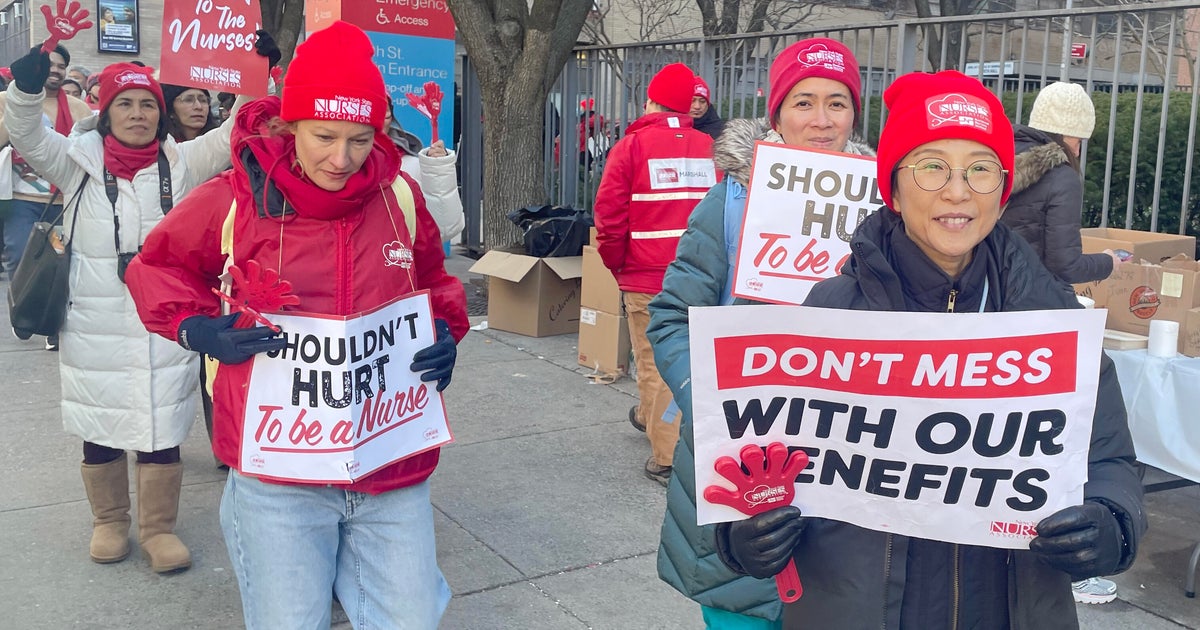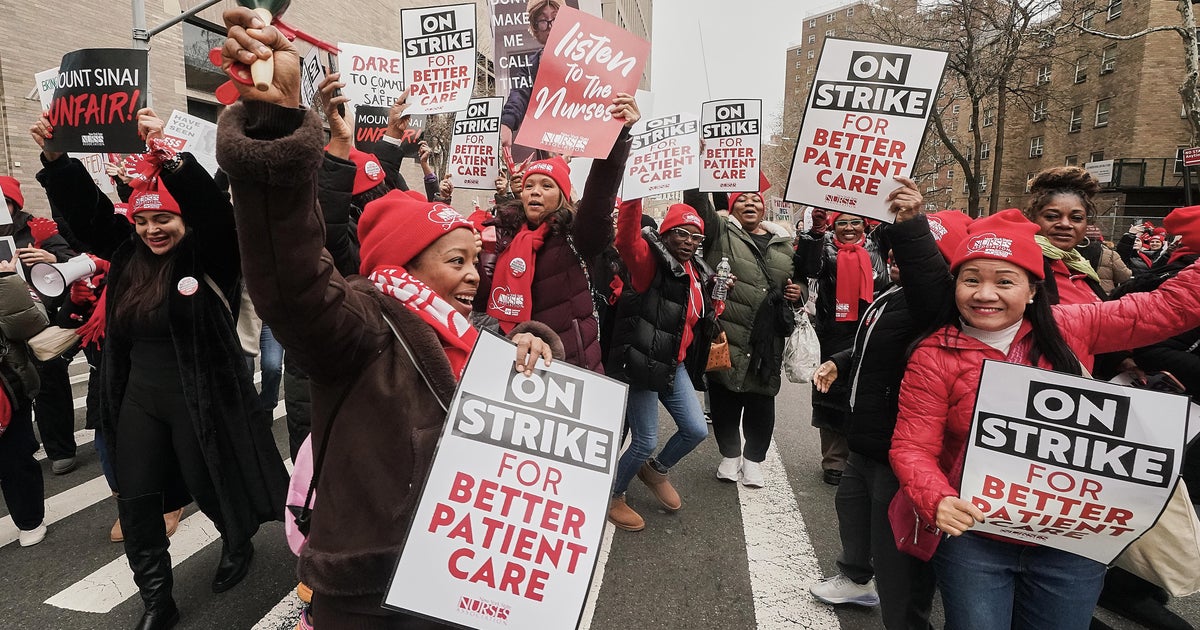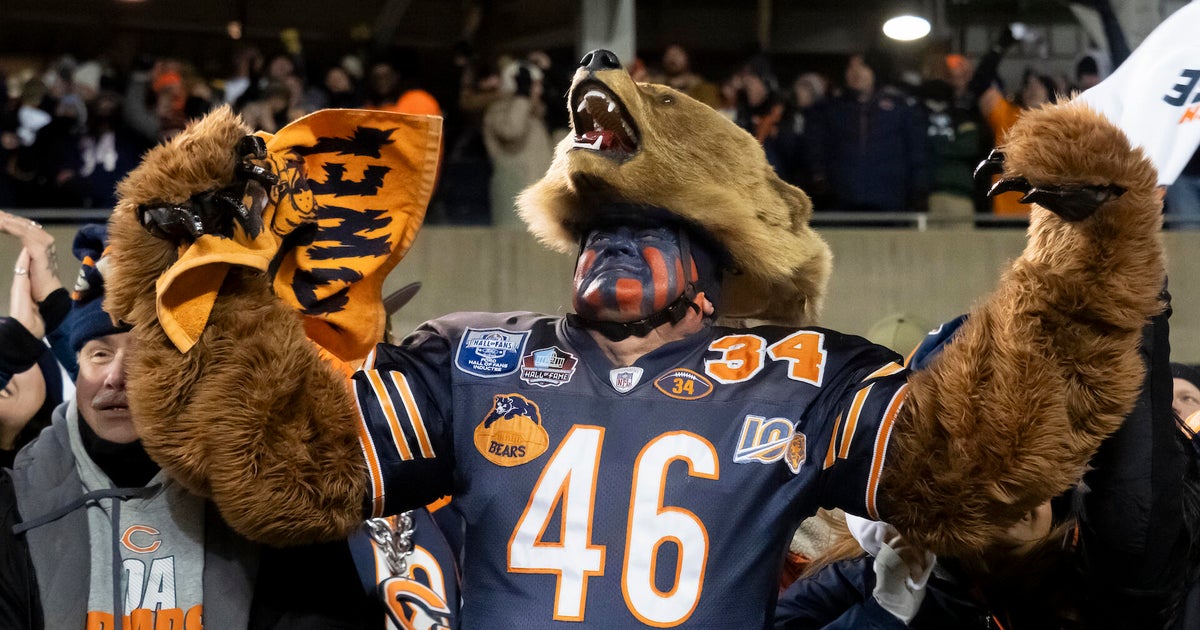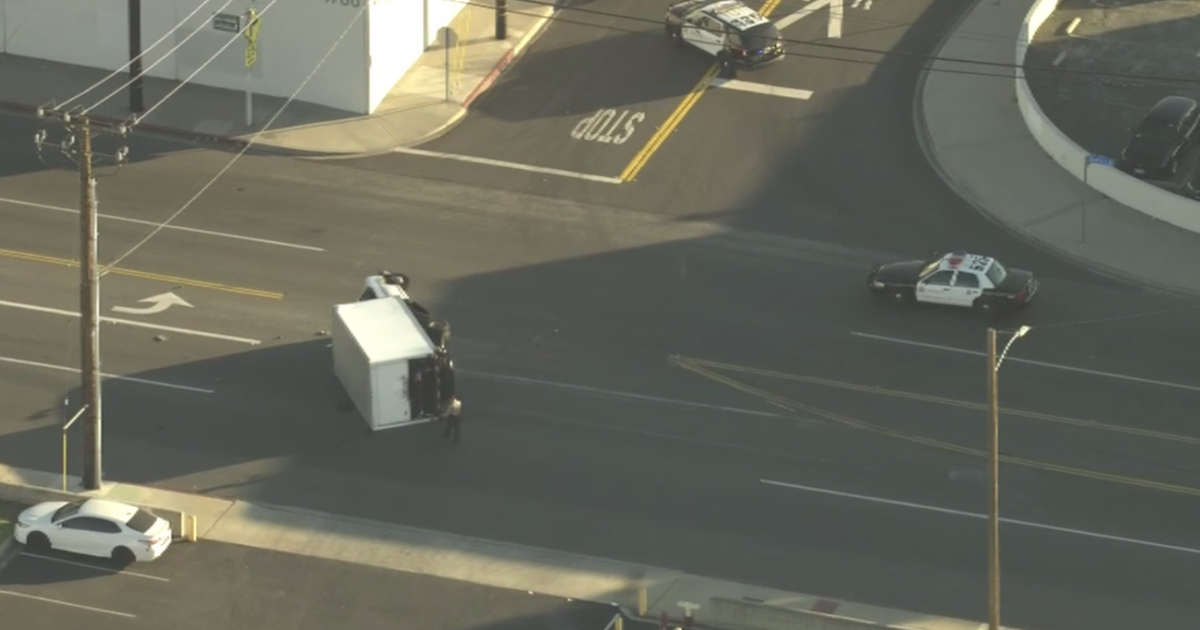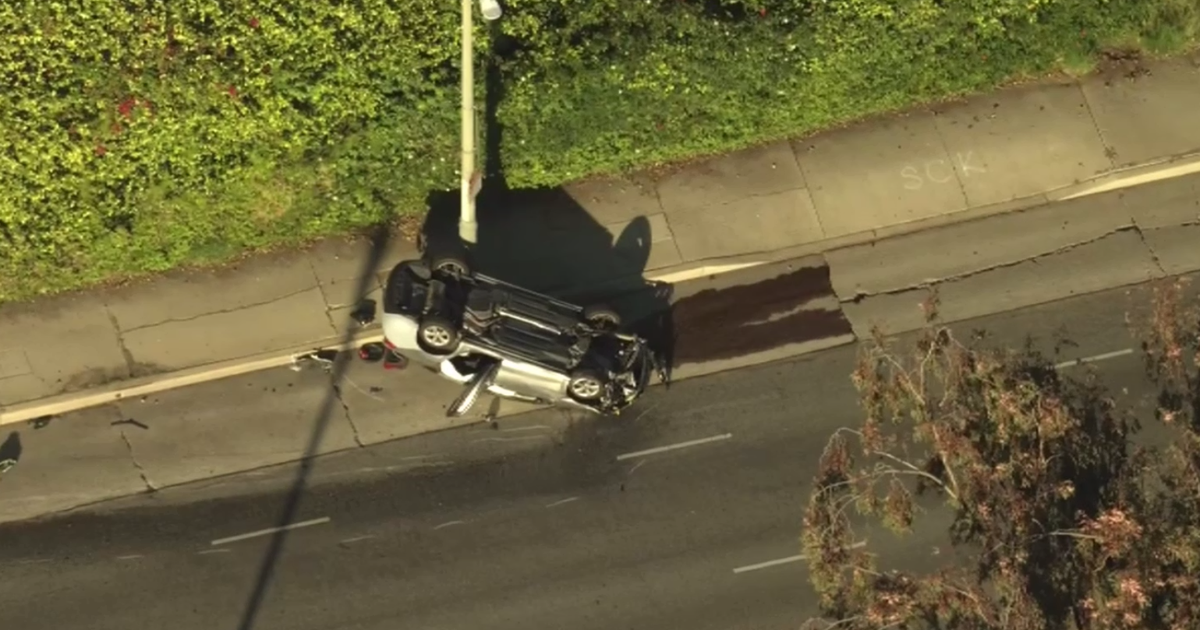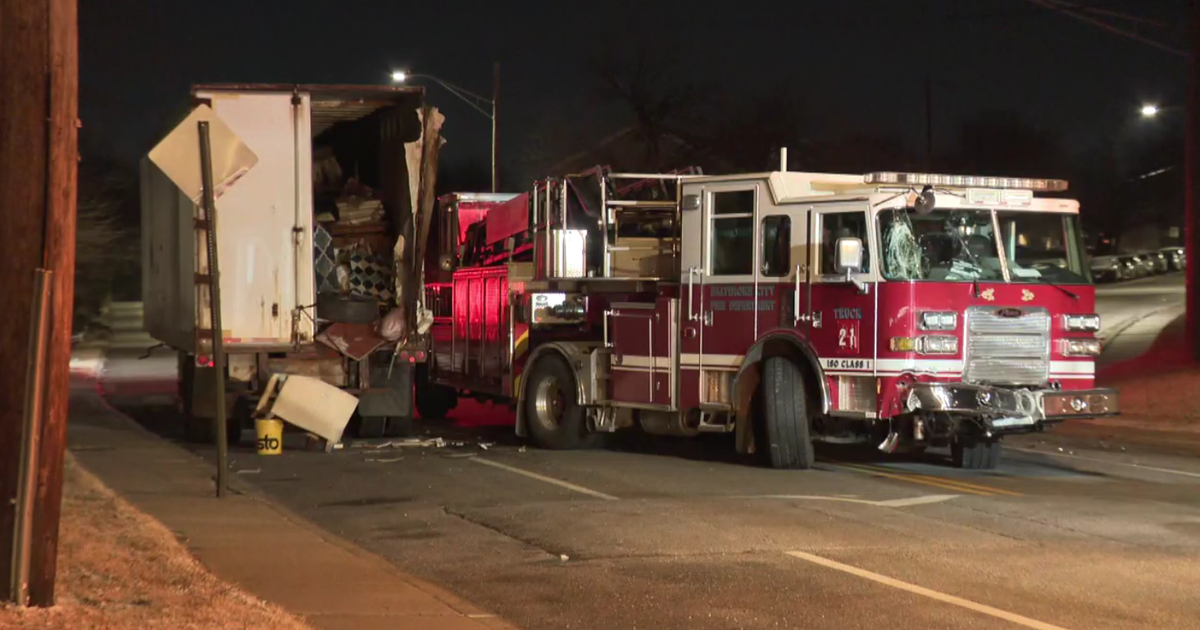WGA, Hollywood studios appear to bend on some items, but strike continues
Labor negotiations resumed Tuesday between the striking Writers Guild of America and Hollywood studios, but despite some apparent concessions on both sides, the stalemate appeared to be far from over.
Neither side had publicly commented on the status of the talks as of late Tuesday afternoon. Negotiators for the WGA and Alliance of Motion Picture and Television Producers -- which represents the studios -- met Friday for the first time since writers went on strike May 2, and the AMPTP provided the union with some counterproposals to its demands.
According to Deadline, the sides met again Tuesday afternoon, with a source telling the publication the session ended with "mixed results." The trade publication Variety reported that the WGA softened its stance on some items, such as reducing its demand on minimum writing staff size for TV productions, but the two sides remain far apart in other key areas.
According to the Variety report, the WGA was not bowled over by the AMPTP's offer to give showrunners more authority over the size of writing staffs, with the size increasing based on a program's budget. And the studios have not relented on the union demand for higher compensation for writers on streaming programs that have higher viewership. The studios have reportedly agreed to provide the union with more data on the number of hours that streaming programs are viewed, but they have not agreed to tie that number to compensation.
Bloomberg reported Monday that the studios' offer also included an agreement that only humans would be credited as writers on screenplays, not artificial intelligence bots -- a move toward a union effort to ensure AI does not undercut writers' compensation or credit.
It was not immediately clear when the two sides plan to meet again. Many observers have expressed optimism at the mere fact the union and studios had returned to the bargaining table, but it appeared clear that much more talking is needed to reach an accord.
Meanwhile, writers continued to walk picket lines Tuesday, including a march outside the "Jeopardy!" studio in Culver City. According to the WGA, writers and "past contestants" took part in the Culver City picket to protest the game show, "which began filming today with recycled questions."
A report by the online entertainment news site Polygon earlier this month indicated that the show invited some previous contestants to take part in a "Second Chance" tournament. At least one of those contestants told Polygon that while the offer was a long-awaited opportunity, it would also force them to cross the WGA picket line.
According to Polygon, "Jeopardy!" showrunner Michael Davies said on a recent podcast that the show plans to use "a combination of material that our WGA writers wrote before the strike, which is still in the database, and material that is being redeployed from multiple, multiple seasons of the show."
Last Wednesday, the WGA marked the 100th day of its strike -- matching the duration of the union's last walkout in 2007-08.
The last WGA strike, which lasted from November 2007 to February 2008, was estimated to have cost the local economy between $2 billion and $3 billion.
The impact of the current walkout is expected to be far worse, with the WGA now joined by actors on the picket lines for the first double-barreled strike to hit Hollywood in 63 years. The SAG-AFTRA actors union went on strike July 14.
The WGA is pushing for improvements on a variety of fronts, notably for higher residual pay for streaming programs that have larger viewership, rather than the existing model that pays a standard rate regardless of a show's success.
The union is also calling for industry standards on the number of writers assigned to each show, increases in foreign streaming residuals and regulations preventing the use of artificial intelligence technology to write or rewrite any literary material.
The AMPTP has pushed back against some of the WGA's demands, particularly around its calls for mandatory staffing and employment guarantees on programs. AMPTP has also pushed back against WGA demands around streaming residuals, saying the guild's offer would increase rates by 200%.
The studios have generally said they want the WGA and SAG-AFTRA to agree to similar terms already approved by the Directors Guild of America, which includes a roughly 12.5% salary increase and an estimated 21% jump in streaming residuals, along with assurances that artificial intelligence will not supplant the duties of human beings.
